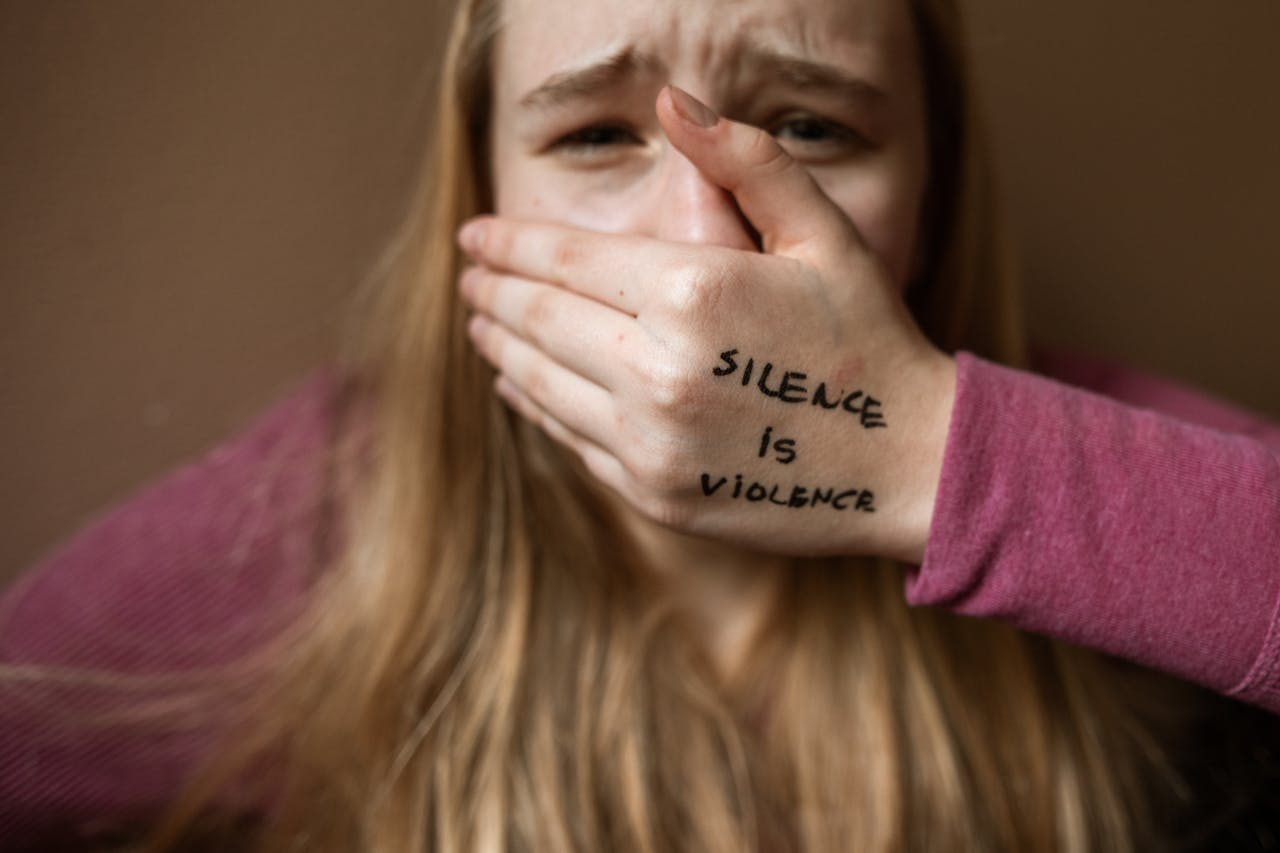|
IN BRIEF
|
Finding a good family therapist can be a transformative step toward enhancing communication and resolving conflicts within your family unit. Selecting the right professional requires thoughtful consideration, as it’s essential that the therapist’s approach aligns with your family’s unique needs. As you embark on this journey, understanding the various therapeutic options available, such as family therapy or group therapy, can empower you to make informed decisions. It’s crucial to establish a safe and non-judgmental space where all family members feel comfortable expressing their thoughts and emotions. By identifying clear goals and evaluating potential therapists based on their experience and compatibility with your family dynamics, you can pave the way for healing and growth. Remember, the relationship between your family and the therapist plays a vital role in the effectiveness of the therapeutic process.
Choosing the right family therapist is a vital step toward achieving harmony and understanding within your family unit. This process can seem daunting, but armed with the right information and approach, navigating your options can be manageable. A therapist provides a safe space for family members to express their feelings and needs, ultimately fostering stronger bonds.
Commit to the Process
Ultimately, the journey towards emotional healing through family therapy is an ongoing process that requires commitment from every family member. By approaching therapy with an open heart and mind, families can unlock the potential for deeper emotional connections and improved communication.
Celebrate Progress
Remember to celebrate small victories along the way. Acknowledge the progress you make as a family, and embrace the changes in dynamics that therapy can foster. Recognizing achievements, no matter how small, reinforces motivation for continued growth.
Encourage Lifelong Learning
Lastly, commit to lifelong learning about your family’s emotional health. Therapy can be just one part of your family’s journey toward greater understanding and happiness. Ongoing education about effective family dynamics can further bolster the skills needed to navigate future challenges.
Caring for Elders
Moreover, seeking help for the emotional wellness of elderly relatives is essential. You may also find it valuable to learn about how to reduce fall risks in elderly individuals and techniques to effectively manage caregiver burnout here. Each of these areas can contribute to a healthier family dynamic.
Embarking on the journey of finding a good family therapist can be both exciting and daunting. Begin by assessing your family’s unique needs and goals. It’s crucial to find someone whose communication style resonates with your family dynamics. Consider seeking referrals from trusted friends or healthcare providers, as they can offer valuable insights. Once you’ve shortlisted potential therapists, engage them in conversation to ensure their approach aligns with your needs, particularly their familiarity with evidence-based practices. Remember, the ideal therapist will foster an open, non-judgmental environment that encourages every family member to express themselves freely, paving the way for healing and growth.
Frequently Asked Questions About Finding a Good Family Therapist
What is family therapy? Family therapy is a form of psychotherapy where some or all members of a family participate together to address issues and improve communication within the family unit.
How do I determine if a family therapist is the right fit for us? To find the right therapist, assess their communication style and personality, ensuring they create a safe, non-judgmental environment for your family to express themselves.
What factors should I consider when searching for a family therapist? Consider your family’s unique needs, goals for therapy, potential therapist qualifications, costs, and whether they accept your insurance.
Can I get recommendations for family therapists? Yes, recommendations from friends or referrals from your primary care provider can be excellent resources when looking for a suitable therapist.
What is the importance of a good therapeutic relationship? A strong therapeutic relationship between the therapist and each family member fosters openness and trust, making the therapy process more effective.
How can I prepare for a family therapy session? Prepare by discussing your family’s issues as a group beforehand and setting individual goals for what you hope to achieve during therapy.
Are all family members required to attend therapy sessions? While it is beneficial for all members to participate, the therapist may suggest starting with only certain individuals if that allows for a more comfortable environment at first.
What are the expected outcomes of family therapy? Family therapy aims to improve communication, resolve conflicts, and strengthen relationships within the family, leading to healthier dynamics and emotional well-being.
How do I know when it’s time to seek family therapy? If you notice ongoing conflicts, communication breakdowns, or significant distress within your family, it may be time to consider professional help.
